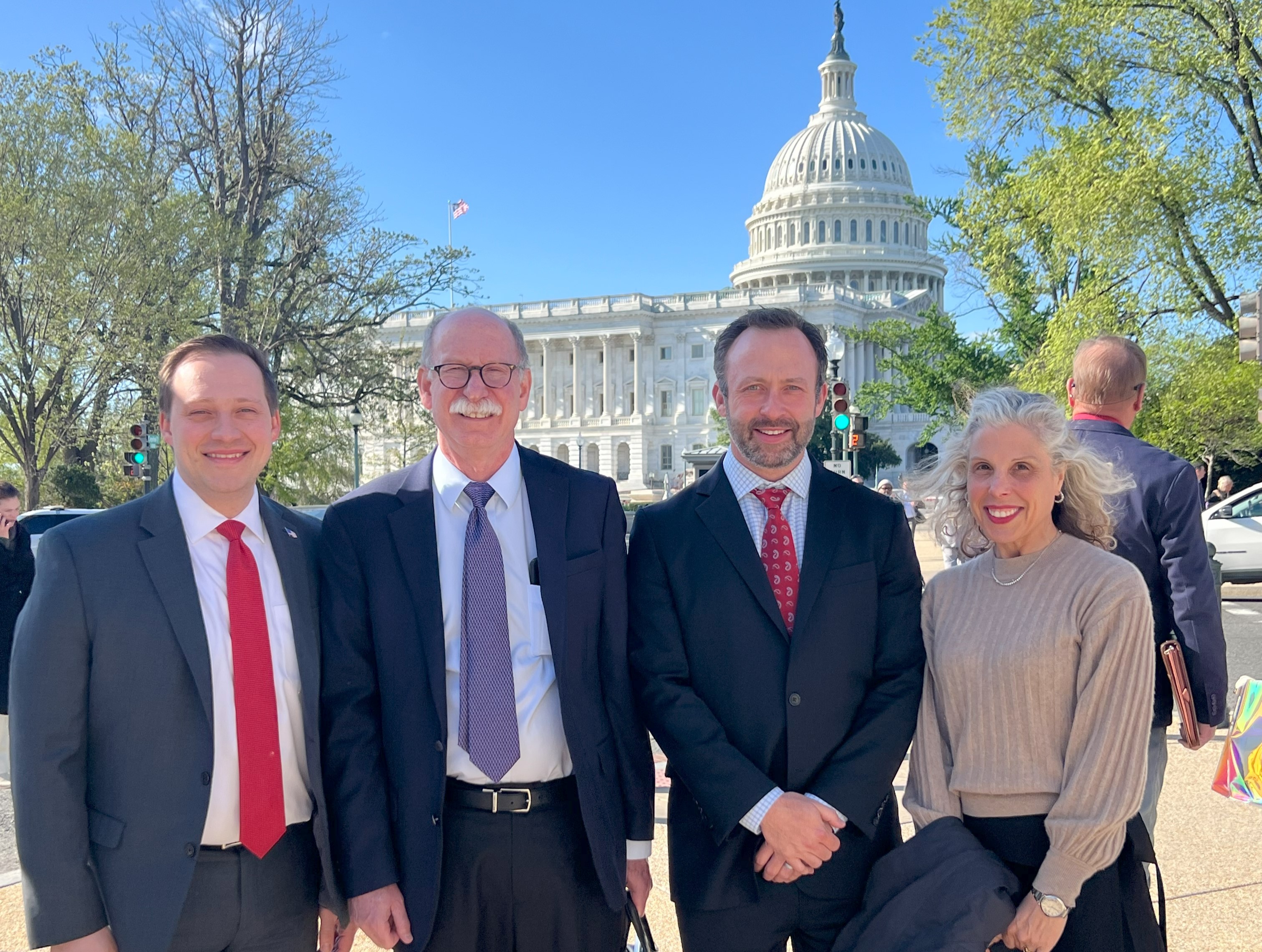LUGPA Policy Brief: Prior Authorization Reform - State and Federal EffortsOct. 2024 State-Level Reforms According to the American Medical Association, in 2024, at least 10 states passed laws aimed at reforming prior authorization processes. These reforms focus on reducing the number of procedures requiring prior authorization, cutting patient care delays, improving transparency, and increasing data reporting on PA decisions. The following states enacted key reforms this year:
Other states, including Illinois, Colorado, Mississippi, Maine, Maryland, Oklahoma, and Virginia, have passed similar measures aimed at curbing the prior authorization burden. These reforms ensure that PAs are less frequent, decisions are made faster, and the process is more transparent for patients and physicians. Federal Efforts At the federal level, the Improving Seniors’ Timely Access to Care Act of 2024 (HR 8702/S 4518) represents a potential step toward streamlining prior authorization in Medicare Advantage (MA) plans. The bipartisan legislation, reintroduced in Congress, seeks to reduce delays for older Americans by establishing clear standards and requiring quicker responses for prior authorization requests. The bill focuses on:
LUGPA's Position on Prior Authorization LUGPA has long advocated for reducing prior authorization requirements, arguing that they create unnecessary delays in patient care and impose administrative burdens on physicians. In May 2024, LUGPA submitted feedback to the Centers for Medicare & Medicaid Services (CMS) regarding prior authorization reforms within the Medicare Advantage program, supporting efforts to increase transparency and reduce burdens on specialty care providers. LUGPA’s key recommendations include:
LUGPA strongly supports the Improving Seniors' Timely Access to Care Act and other state and federal efforts to reform prior authorization processes. By reducing administrative burdens and eliminating unnecessary care delays, these reforms will ensure that patients receive the care they need when they need it. Prior authorization reform is gaining momentum at both the state and federal levels, with a clear focus on reducing delays, enhancing transparency, and easing the administrative load on healthcare providers. LUGPA continues to support legislative efforts prioritizing patient care, particularly in specialty fields like urology. We remain committed to working with policymakers to create a healthcare environment where prior authorization no longer stands in the way of timely and appropriate patient care. |




